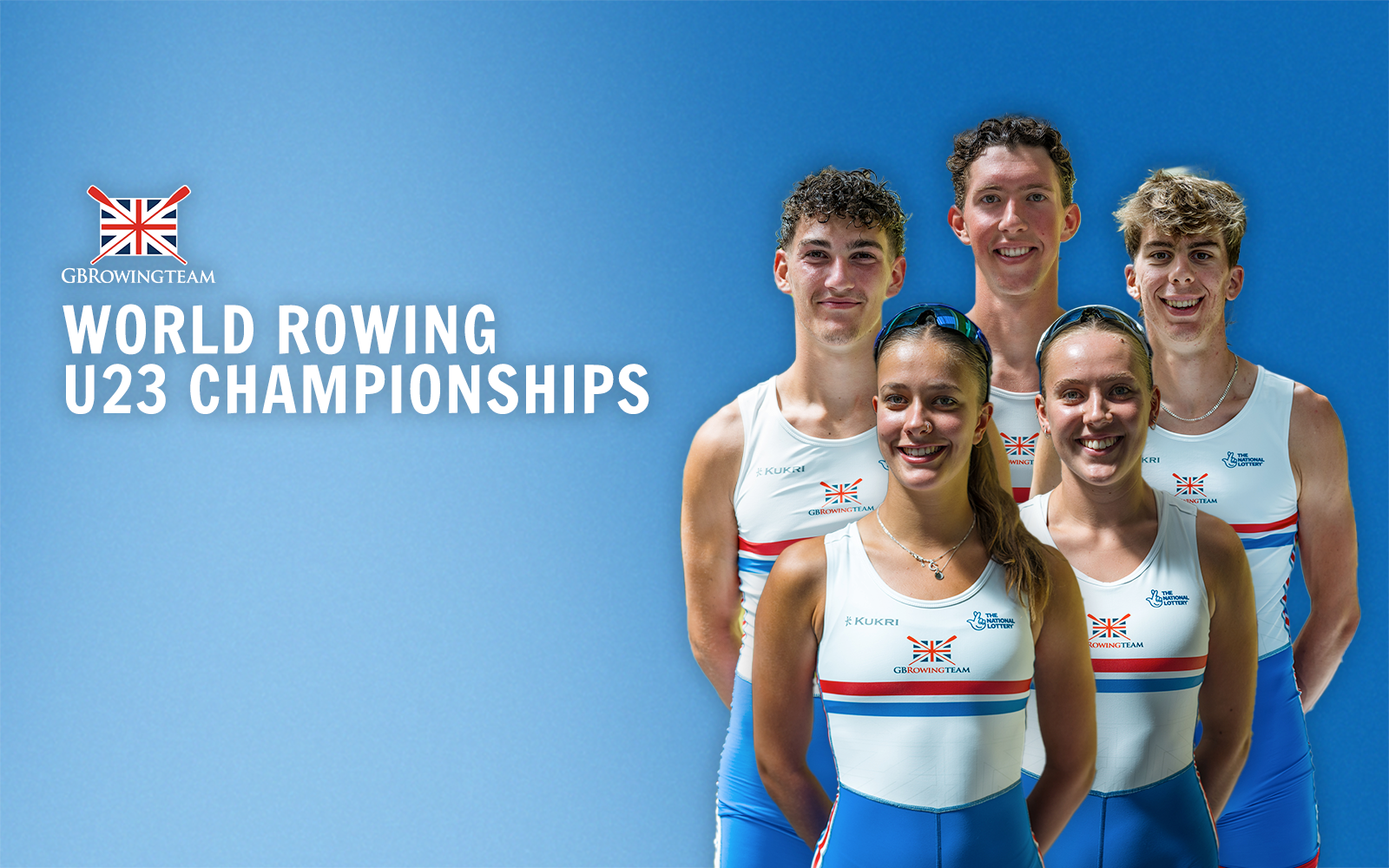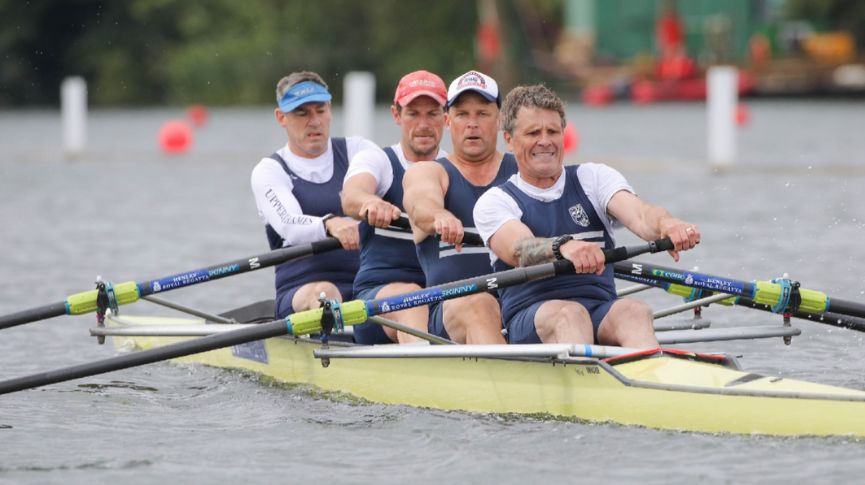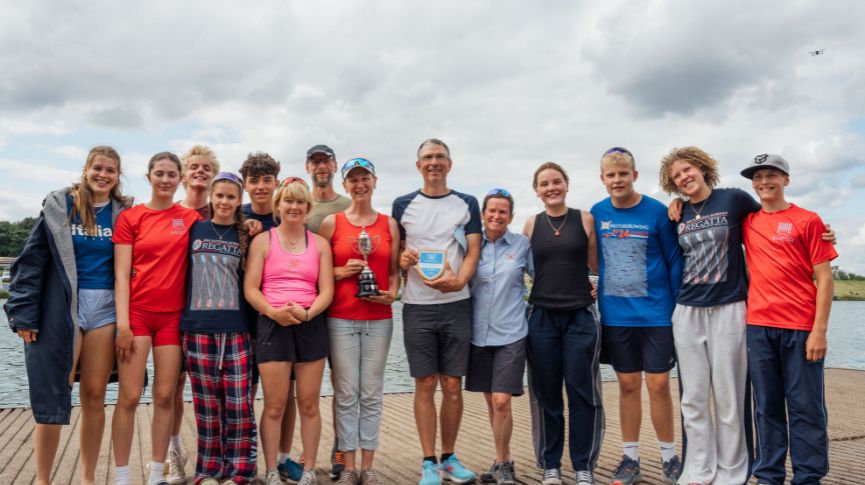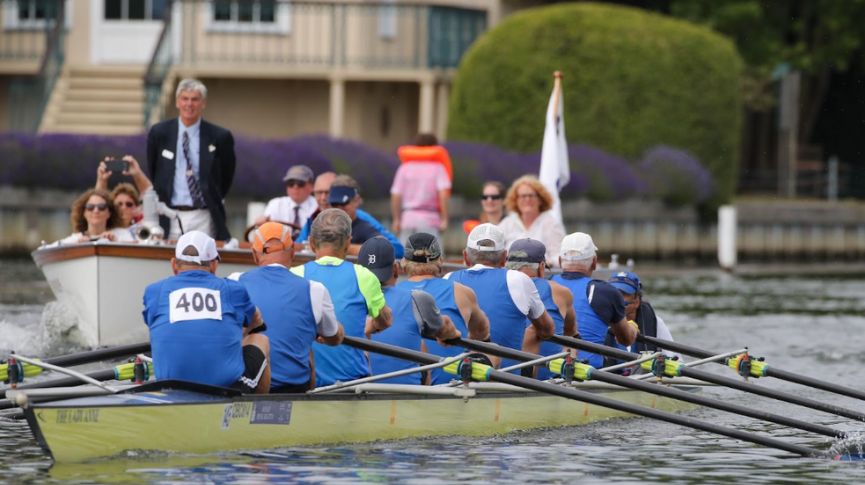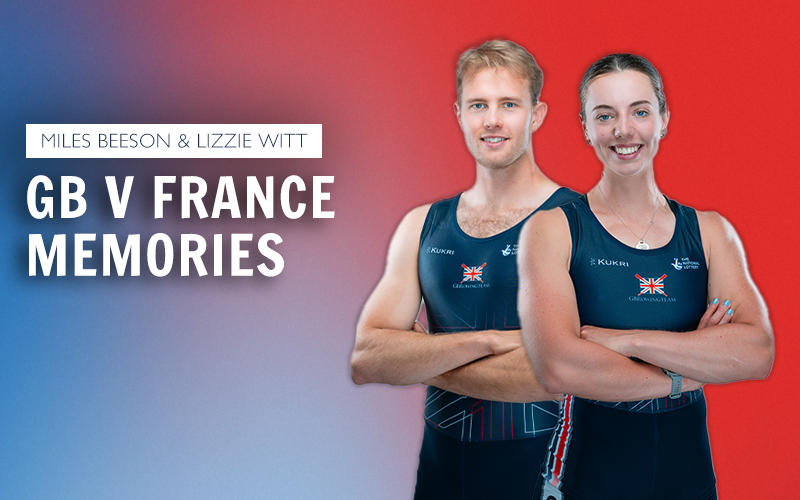‘Adapting our behaviour to help climate change isn’t always about giving something up’
Melissa Wilson helped qualify the women’s quad for the Tokyo Olympics and is a passionate advocate for the environment. We caught up with her to find out more
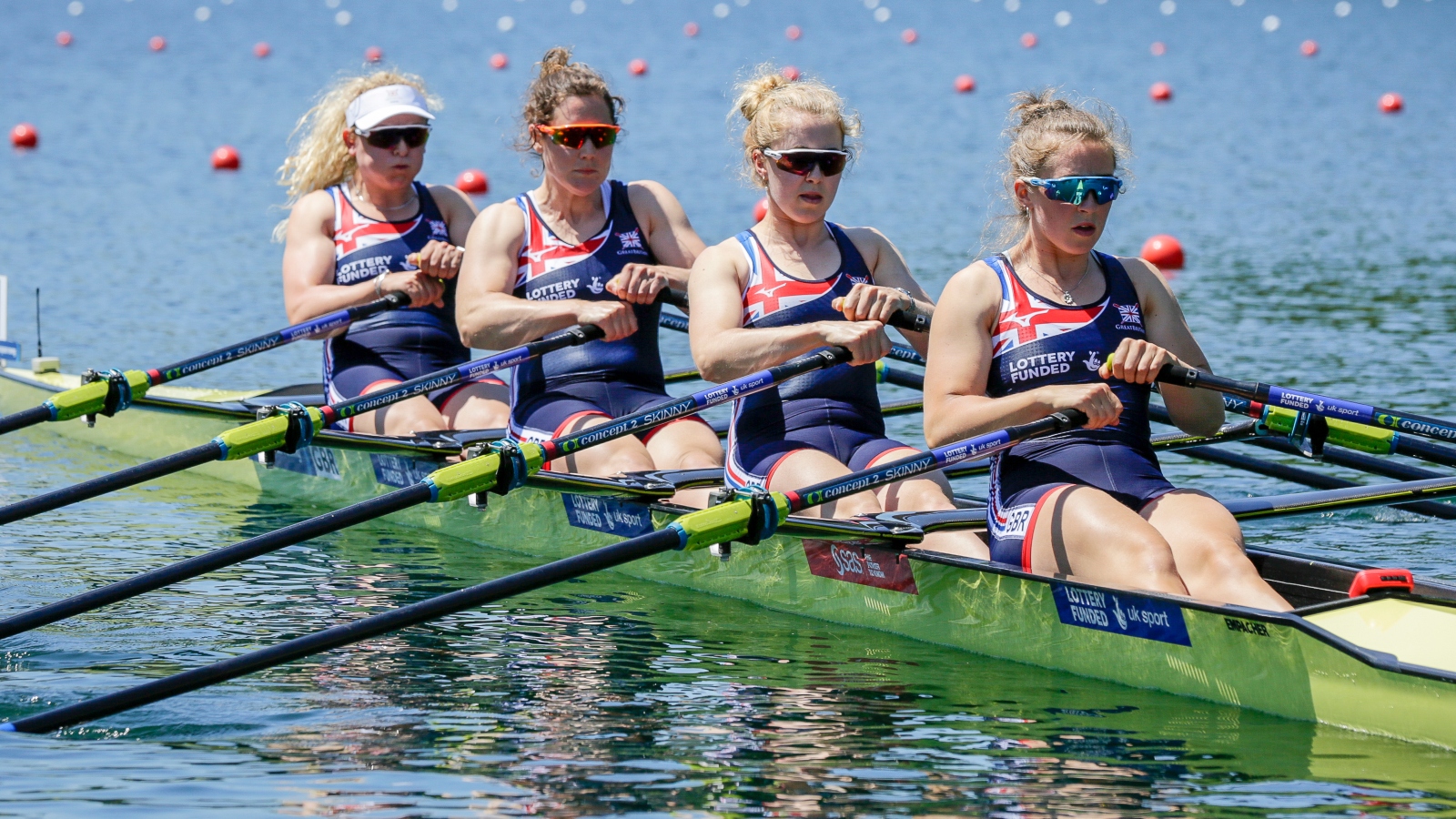
In 2017, while studying for a second degree at Cambridge in Affiliated Law, Melissa Wilson went to a panel talk about climate change. The four-time Boat Race rower was so troubled by the stark picture that the panel described that, afterwards, she went up to one of the speakers to ask if she should immediately stop studying to help avert the climate crisis.
It was a pivotal moment as she was told that studying law would equip her with skills that could be useful for environmental work, so instead, she decided to finish her degree. Four years on, 27-year-old Melissa has been a part-time legal researcher at The Good Law Project, focusing on environmental law, as well as Plan B Earth, which supports strategic legal action against climate change.
Despite also following a punishing training schedule, last September she was also instrumental in organising a letter to the Prime Minister, calling for a green recovery to be prioritised after COVID-19. Thanks to her efforts in reaching out to current and former athletes, the letter was signed by over 300 GB Olympians and Paralympians, including more than 40 Olympic and Paralympic champions.
Charismatic and engaging, Melissa is fiercely driven to do whatever she can to protect the environment for future generations, which of course includes the beautiful landscape and water where she trains every day. She told us more over Zoom while eating a quick sandwich between training sessions.
We’d love to hear more about the letter – how did it come about?
Melissa: I was writing a paper for The Good Law Project that was partly looking at what a green recovery might provide after Covid to really address the UK’s environmental strategies, and I thought it would be really powerful for athletes to write a letter calling on the Government to prioritise an ambitious green recovery.
Champions for Earth was co-founded by Olympic champion, Etienne Stott, and ex-rower Dave Hampton, and brings athletes together over climate change issues. They’d published two letters before, the first one had three signatories and the second had 19 signatories.
I joined their team last year. Over the summer, once I’d written the letter, I reached out to athletes who I rowed with. Former GB rower and Olympic champion Constantine Louloudis was so helpful – he posted something on the GB Olympic Association’s Facebook group and then they sent it out to their alumni list which had 2,500 Olympians, so that really got the ball rolling.
“Radical action needs to be taken, but it can only happen if it’s understood that… it’s a sensible and rational response to the science”
How much support have you had from the GB Rowing Team?
The rowers had a strong, strong presence on the letter signatories. There was great support from athletes, and I reached out to Brendan [Purcell] because of his links with triathlon and canoeing and he approached the Brownlee brothers who signed it, as well as signing it himself.
We had an email from one of the GB Rowing Team coaches on the men’s side and he wrote a list of brilliant suggestions, most of which I wouldn’t have come up with, and so that also felt positive.
His ideas ranged from tree planting, to how to shift our energy use, and then more extreme options like looking at our training camps and our travel, and also things like diet as this is a key way that we can be shifting our carbon emissions.
Did your letter get a response from the Government?
We haven’t had a direct response – but over 100 Olympians got in touch with me, with messages like ‘thank you so much for what you’re doing’, ‘this matters more to me than anything’, ‘this really is the key issue and we should be doing more about it….’
So, what next?
The UN Climate Change Conference is happening in Glasgow in November this year, so, in the same way that we’re building up to Tokyo 2021, I feel like we have a real opportunity.
We see the reports from the scientists, and we think there’s an exciting opportunity for the UK to provide real global leadership on this issue which is more important than any other.
“Tokyo can provide a bit of a blueprint if we don’t have full stadiums of spectators in the future”
What do you see as the key issue?
To communicate to our elected leaders that ambitious climate policies are widely supported. Radical action needs to be taken, but it can only happen if it’s understood that doing that isn’t radical in itself – but is a sensible and rational response to the science.
What else can sport do?
If different governing bodies pledged to do something rather than just talk about it – for example, they could plant a tree for every athlete going to Tokyo – that would be really exciting leadership that sport could give, alongside athletes deciding to speak out about these issues.
Sporting competitions produce such huge carbon emissions very often, so all of that is also something that Champions for Earth is looking to focus on.
A recent paper by David Goldblatt called ‘Playing against the Clock: Sport and the Climate Crisis’ looks at the case for rapid change and suggests radical proposals.
“Getting involved with Rowers against Rubbish is a really good way of doing something tangible”
Tokyo is set out to be the first carbon-neutral Olympic Games and certainly its sustainability focus has been a core part of it.
I think Tokyo will be very interesting – I’m not sure what the spectator role will be like. There’s a statistic in ‘Playing Against the Clock’ that says that 70% of emissions from sports competitions are from spectator travel and consumption, which is vast. In some ways, maybe Tokyo can provide a bit of a blueprint if we don’t have full stadiums of spectators in the future.
Finally, how can the rowing community help?
At club level, if clubs have space, then planting trees in appropriate places, could be one option – though it’s best to do so with advice from ecologists. It’s really important that they’re maintained, so they keep being a productive carbon offsetting measure.
Any opportunity that clubs can take to shift perceptions about the need to consume animal protein would also be good. It’s obviously important that all levels of athletes are getting the right nutritional balance, but it’s not too complicated to follow a plant diet if the right information is provided.
Getting involved with Rowers against Rubbish is a really good way of doing something tangible. In Covid times, it might be a nice way to be outside if you’re not able to get on the water.
Adapting our behaviour to help climate change isn’t always about giving something up – it’s about doing it in a different way.
With rowing we do have this opportunity to be outside – if you’re in a beautiful environment then, yes, it should be the Government who’s leading on conserving this, but, equally, why wouldn’t you use a reusable water bottle, or eat some more lentils and chickpeas and do what you can.


